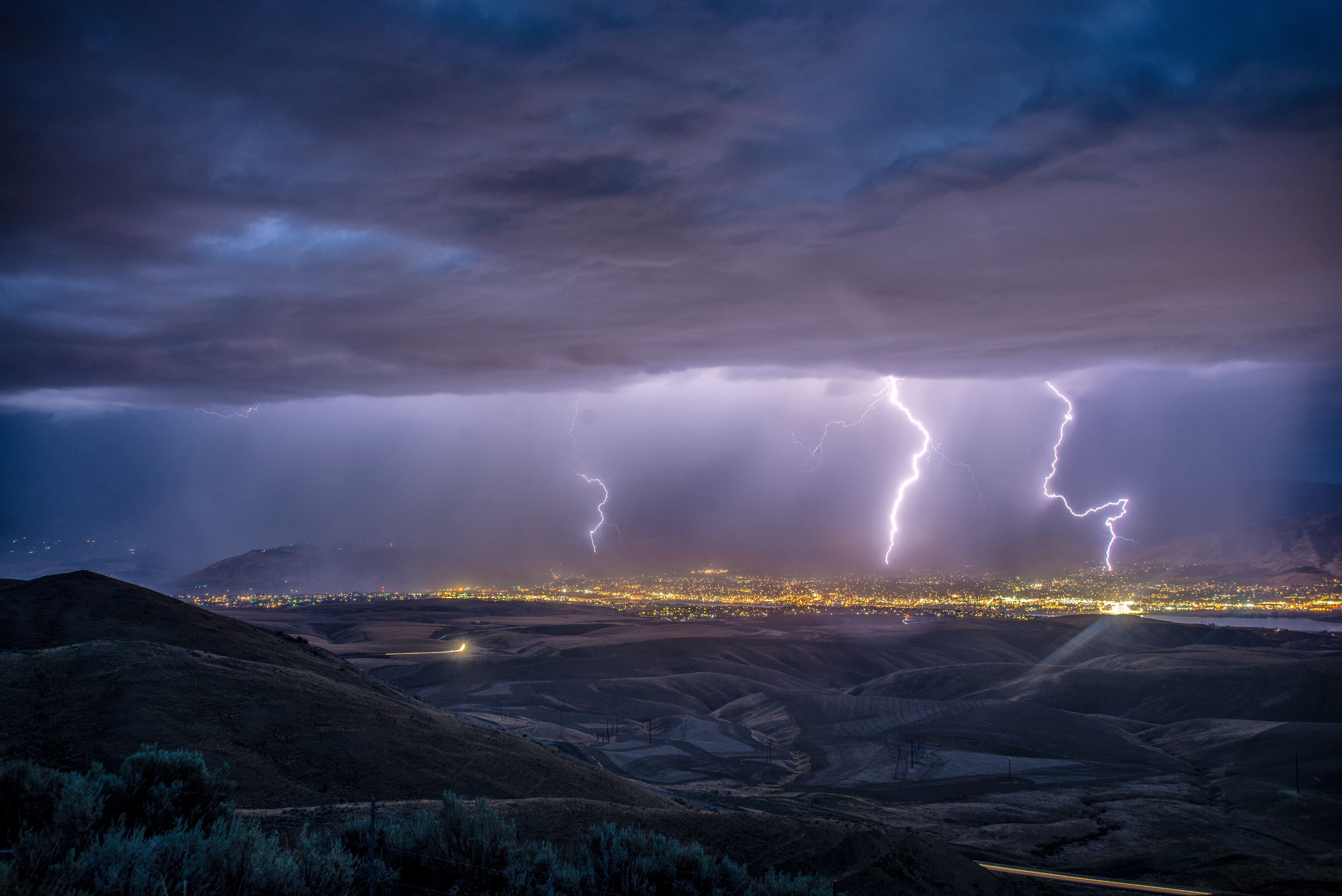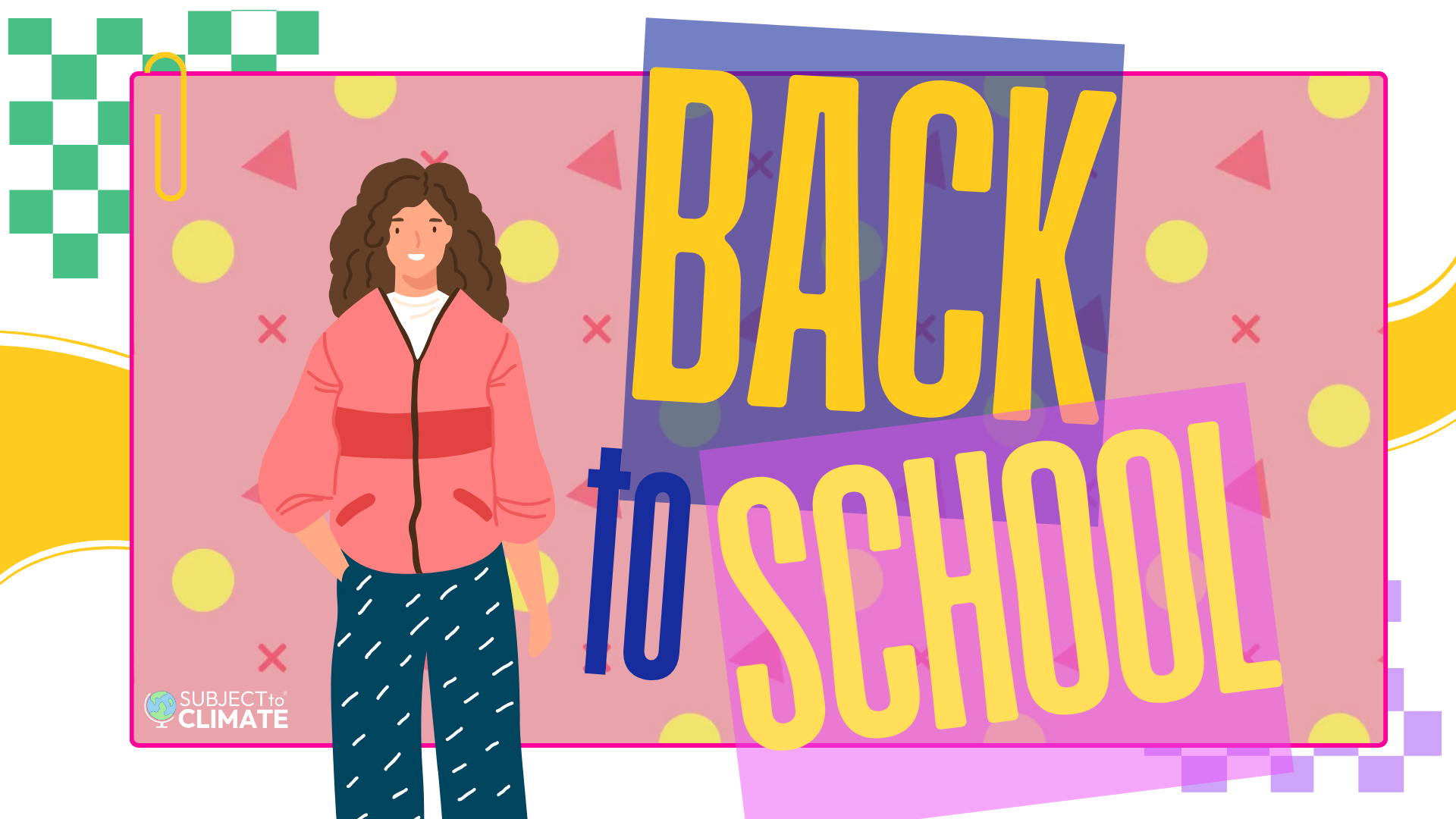About This Lesson
Access Free Lesson Plan Here: https://bit.ly/45yIJ6o
In this lesson, students discover how climate change could be making extreme winter weather worse.
Step 1 - Inquire: Students discuss extreme weather events they have experienced and watch a video about extreme winter weather.
Step 2 - Investigate: Students dive deeper into the polar vortex and lake effect snow, learning about how they may relate to climate change.
Step 3 - Inspire: Students complete a jigsaw activity to explore two different examples of extreme winter weather events related to the polar vortex and lake effect snow.
Learning Outcomes
Students will be able to:
- Explain key differences between the polar vortex and lake effect snow.
- Use data to explain how these weather events are related to climate change.
- Discuss how these extreme weather events impact communities, specifically those most vulnerable.
More Free Stuff!
Free News Articles for Students













